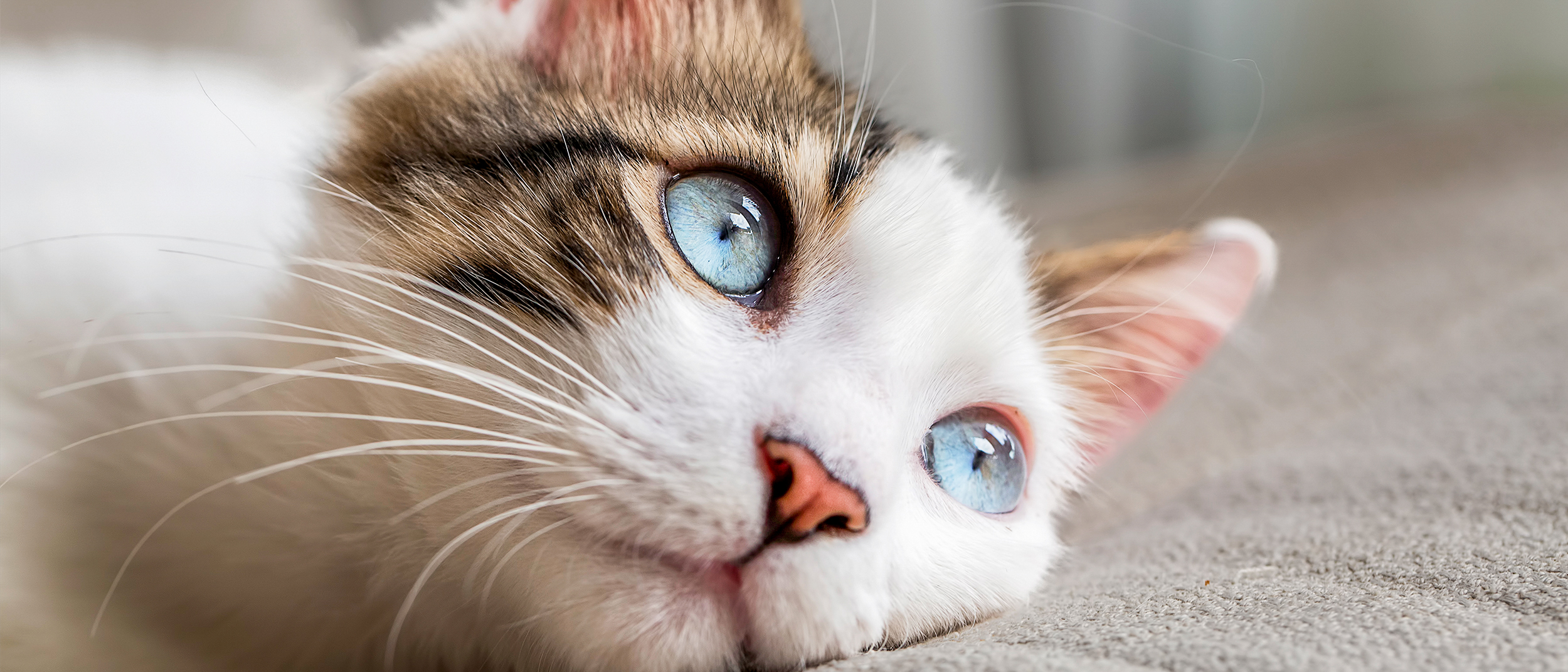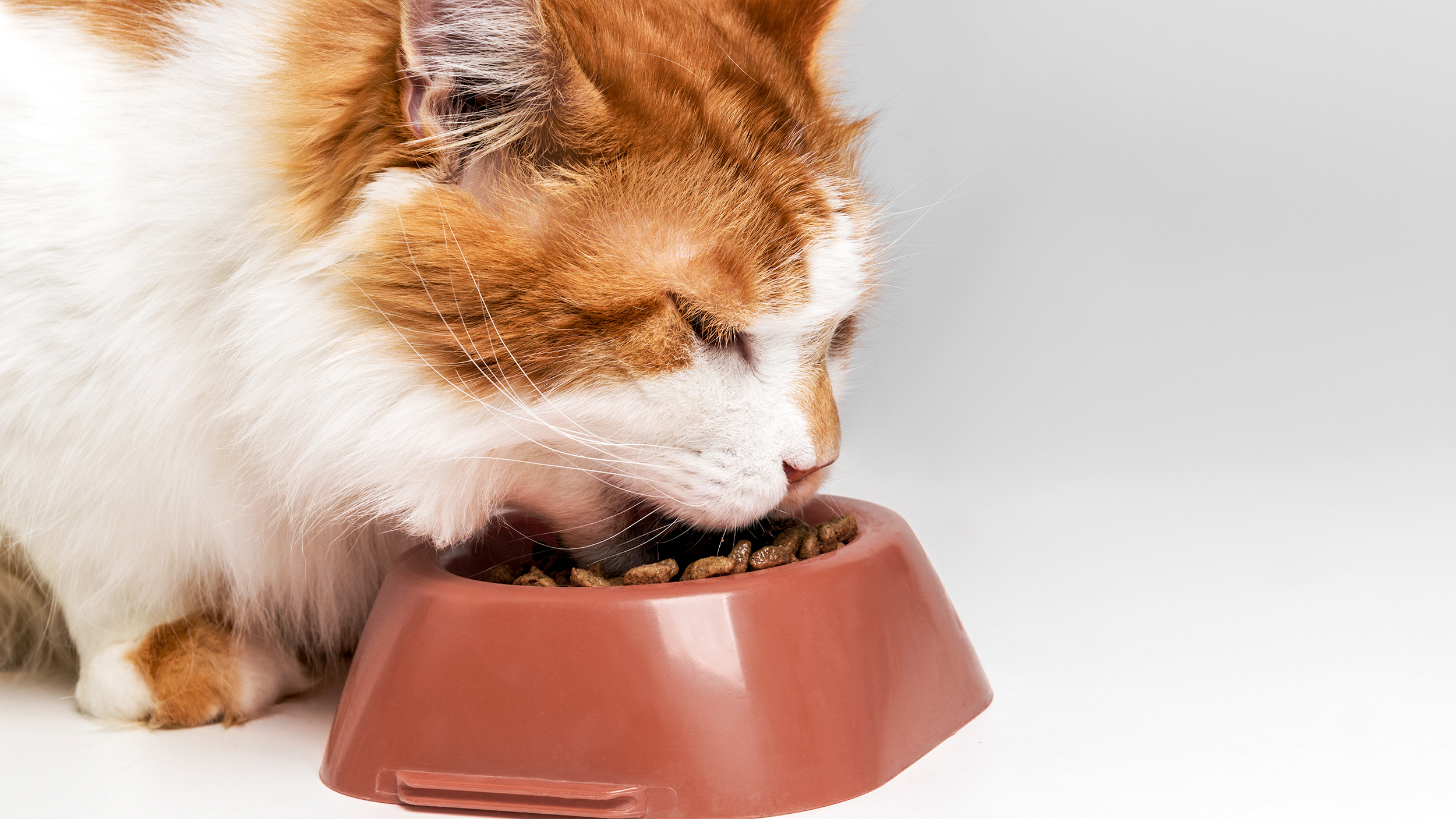Pourquoi mon chat est-il tout le temps malade?

Bien qu’il soit normal que votre chat éprouve occasionnellement un inconfort digestif, cela ne doit pas se produire régulièrement. En combinant une bonne nourriture, une bonne hygiène et de bons comportements alimentaires, vous pouvez vous assurer que vous protégez votre chat des maux d’estomac.
Les symptômes des problèmes digestifs chez le chat
Si votre chat a des maux d’estomac ou un autre problème digestif, certains des symptômes les plus courants sont les vomissements et la diarrhée. Vous remarquerez peut-être aussi que votre chat mange moins ou qu’il a du mal à manger.
Les maux d’estomac peuvent avoir diverses causes sous-jacentes, notamment :
- les parasites qui infestent le tractus gastro-intestinal de votre chat;
- les boules de poils, qui peuvent provoquer des blocages et des vomissements;
- les maladies systémiques comme le diabète ou une maladie rénale;
- l’ingestion d’aliments ou de matières toxiques.
La nourriture de votre chat peut également lui donner des maux d’estomac si elle ne contient pas le bon mélange de nutriments ou si elle contient des aliments particuliers ou des éléments connus pour aggraver sa digestion.

Prévention des maux d’estomac chez votre chat grâce à sa diète
L’un des moyens les plus simples de protéger votre chat contre les problèmes digestifs et d’éviter les maux d’estomac consiste à lui donner des aliments complets et équilibrés sur le plan nutritionnel. Si votre chat présente des troubles digestifs particuliers, un aliment conçu pour améliorer sa santé gastro-intestinale peut être un excellent moyen de maintenir son bien-être. Votre vétérinaire peut également recommander cette diète comme aliment de « convalescence » pour rééquilibrer son système.
Ces aliments contiennent des sources de protéines hautement digestibles, faciles à absorber par le corps de votre chat, ce qui signifie que son système digestif doit travailler moins pour avoir accès aux nutriments. Ils peuvent également contenir des sources uniques de protéines ou de glucides, ou celles qui sont moins courantes dans les aliments industriels, afin d’éviter les allergènes auxquels votre chat pourrait réagir. La nourriture est susceptible d’être riche en énergie, ce qui signifie que votre chat peut manger de plus petites portions tout en obtenant de sa nourriture tout ce dont il a besoin, ce qui est particulièrement important s’il est en convalescence ou s’il a des difficultés à manger.
Un aliment conçu pour améliorer la santé gastro-intestinale de votre chat peut également inclure des prébiotiques tels que les fructo-oligosaccharides et les oligosaccharide-mannanes (FOS et OSM). Ceux-ci encouragent la croissance de bactéries « bénéfiques » dans le tube digestif de votre chat et contribuent au renforcement de ses défenses naturelles.
Alimentation de votre chat pour prévenir les maux d’estomac
En plus de choisir une diète qui aide sa santé digestive, il peut également être utile de suivre quelques directives simples sur la façon de nourrir votre chat.
Évitez les changements soudains dans sa diète, car cela peut entraîner des problèmes d’estomac. Faites passer votre chat à un nouvel aliment en l’espace d’une semaine, mélangez l’ancien et le nouvel aliment et augmentez progressivement le pourcentage du nouvel aliment.
Vous pouvez également fractionner sa ration quotidienne d’aliments en plusieurs petits repas que vous présentez à des heures différentes. Cette organisation permet de prévenir les maux d’estomac en allégeant la charge de travail qu’un gros repas provoque sur le système digestif. Laissez votre chat en paix quand il mange; s’il est dérangé, il peut stresser et souffrir de maux d’estomac.
Il est également très important de ne pas laisser des restes de table ou des restes de votre repas à votre chat. Ceux-ci peuvent être très gras, ce qui peut provoquer des maux d’estomac, voire lui nuire. Le chocolat, les œufs crus et le foie peuvent tous avoir des effets néfastes sur le corps de votre chat.
Si vous êtes préoccupé par la santé digestive de votre chat et que vous souhaitez en savoir plus sur les meilleures façons de l’aider, parlez-en à votre vétérinaire.
Articles connexes
Trouver un vétérinaire
Aimer et partager cette page